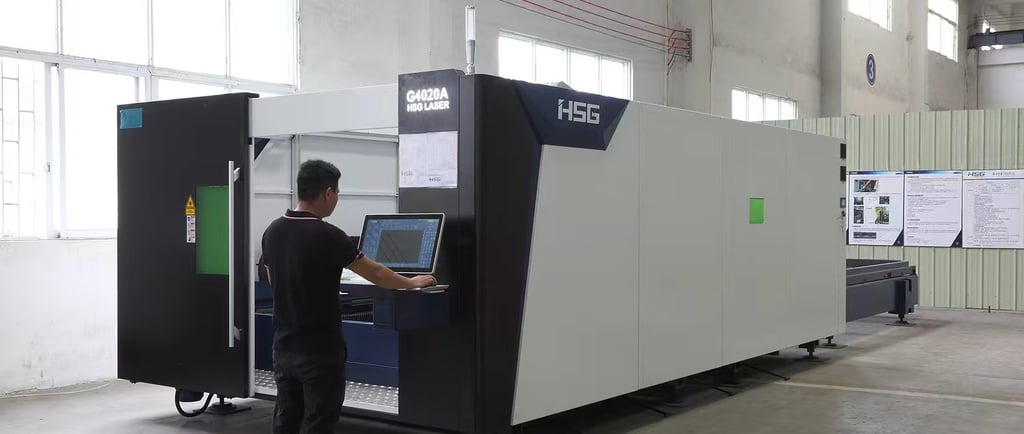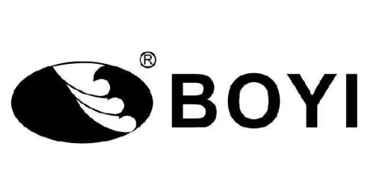The Rising Demand for Custom Shower Doors: How to Handle B2B Bespoke Orders
5/2/20254 min read


Understanding the Custom Bathroom Market
The custom bathroom market has experienced a significant transformation in recent years, reflecting broader trends within the remodeling industry. A pivotal driver has been the rising demand for personalized and bespoke solutions, particularly with custom shower doors. According to recent market research, approximately 30% of homeowners are opting for tailored bathroom features that cater to their individual preferences and spatial requirements. This marks a considerable increase compared to previous years, highlighting a shift in consumer behavior towards unique designs that offer both style and functionality.
One of the most noticeable trends in this sector is the increasing variety of sizes, styles, and functionalities available for custom shower solutions. Modern homeowners are looking beyond traditional offerings and are now inclined towards innovative designs that reflect their personal taste, making bathroom spaces not only functional but also aesthetically pleasing. The demand for frameless glass doors, sliding models, and detailed wall panels has surged, indicating that consumers are willing to invest in high-quality materials that enhance their bathroom experience.
Furthermore, the concept of personalization is driving innovation among manufacturers and suppliers within the industry. Businesses that offer customizable options—such as varied textures, colors, and finishes—are more likely to attract discerning clients. This focus on tailored solutions aligns with the current consumer zeitgeist, where individuals prioritize investments that resonate with their lifestyle and preferences. To effectively respond to these shifts, businesses can leverage consumer insights and adapt their offerings accordingly, thus positioning themselves competitively in the market.
As the trend towards bespoke designs continues to evolve, companies must also embrace technology, utilizing virtual design tools and advanced manufacturing processes to meet the specific demands of their clients. This adaptability not only enhances operational efficiency but also fosters a stronger connection with consumers who expect personalized services in their home improvement projects.
Customization Trends in Shower Doors
The demand for custom shower doors has surged in recent years, reflecting a broader trend in the home improvement sector that emphasizes personalization and tailored solutions. Various customization options are now available, allowing consumers and contractors to choose products that align with specific bathroom layouts and individual preferences. One notable trend is the variance in sizes. As bathrooms increasingly offer unique designs and configurations, manufacturers have developed a range of custom sizes to fit different spaces, ensuring that homeowners can enjoy an optimal shower experience without compromising on style.
Equally important is the expanding palette of colors available for shower doors. Traditional clear glass doors are now complemented by tinted or frosted options, as well as an array of frame colors. This trend enables homeowners to enhance the aesthetic appeal of their bathrooms and create cohesive designs that align with their overall interior decor. Such flexibility not only attracts a diverse customer base but also empowers businesses to cater to various styles and preferences, boosting their B2B capabilities.
Additionally, the types of hardware chosen for custom shower doors play a significant role in influencing buyer choices. From sleek minimalistic handles to more ornate lever styles, the selection of hardware can dramatically affect the overall look and functionality of shower doors. Many consumers now prioritize quality finishes and durable materials that can stand up to the rigors of daily use while maintaining visual appeal. This growing demand for diverse hardware options reflects a market trend that encourages manufacturers to innovate and rethink traditional designs.
Ultimately, these trends in customization highlight the importance of understanding consumer preferences in order to attract a wide range of clients. Businesses that can effectively leverage these trends in the B2B space are positioned to stand out in a competitive market and offer unique selling propositions that cater to the evolving needs of modern consumers.
Flexible Production Capabilities: Meeting Bespoke Orders
The current landscape of the home improvement and construction industry has seen a shift towards custom solutions, particularly in the area of shower doors. As the demand for bespoke products increases, manufacturers must adopt flexible production capabilities to effectively meet unique customer requirements. An essential aspect of accommodating these bespoke orders is the utilization of advanced technology, including state-of-the-art machinery and specialized software, which not only enhances the production process but also reduces lead times.
Modern manufacturing tools such as computer numerical control (CNC) machines allow for precise cutting and shaping of materials, enabling the creation of unique shower door designs tailored to specific customer specifications. Additionally, integrated software systems streamline the workflow by efficiently managing orders, inventory, and production schedules. Such systems provide real-time updates and assist in ensuring that each project aligns with customer expectations and delivery timelines.
Moreover, collaboration with suppliers plays a pivotal role in the success of fulfilling bespoke orders. Establishing strong partnerships with material providers ensures that manufacturers have access to a wide range of options, including various glass types, finishes, and hardware. This breadth of choice allows for greater customization, which is a significant draw for clients seeking personalized solutions for their spaces.
Furthermore, training employees on the latest technologies and production techniques is critical for maintaining efficiency and adaptability. A well-informed workforce can better navigate custom requests and address challenges that arise during the production process. By fostering a culture of continuous improvement, manufacturers can refine their flexible production capabilities, ultimately leading to enhanced customer satisfaction and loyalty.
Best Practices for Managing B2B Bespoke Orders
In the growing market of custom shower doors, managing B2B bespoke orders demands meticulous attention to detail and effective communication strategies. Clear communication stands as a cornerstone in understanding client needs and expectations. Engaging with clients early in the design process allows businesses to gather precise requirements, gain insights into their aesthetic preferences, and identify any functional necessities. This proactive approach helps mitigate misunderstandings and sets a strong foundation for a successful project.
Effective project management techniques are crucial for navigating the complexities inherent in bespoke orders. Utilizing project management tools can streamline workflows, allowing companies to track progress, allocate resources efficiently, and manage timelines effectively. Establishing milestones not only helps in staying on schedule but also assures clients that their custom shower doors are being developed as per their specifications. Regular updates can further enhance the relationship, fostering trust between the business and its clients.
Incorporating customer feedback into the production process is invaluable for refining offerings and enhancing satisfaction. After delivering a custom shower door, solicit feedback on both the product and the overall service experience. This information can be used to adjust future designs and improve processes, ensuring that your offerings remain competitive and aligned with client expectations.
Building strong relationships with suppliers is another critical aspect of managing bespoke orders. Maintaining an open line of communication with suppliers allows for better anticipation of material availability, price fluctuations, and lead times. Additionally, balancing inventory levels to support customization requirements ensures that businesses can fulfill client orders promptly. This proactive management allows businesses to maintain a competitive edge in delivering high-quality, custom shower doors efficiently.
